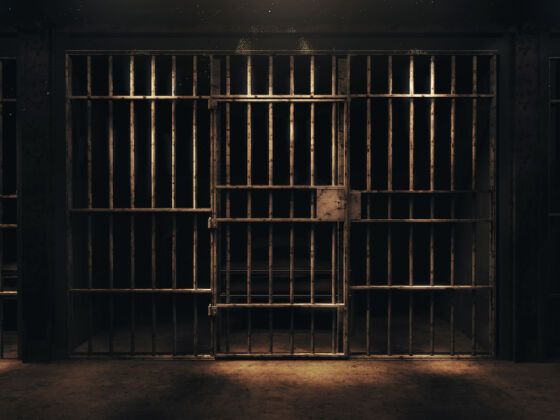This article was originally published in a different magazine under a different name.
The first thing I noticed about my cell was the stench. It smelled like someone shit in a pan, then pissed in that pan, then cooked that pan on a hot stove. I gagged as the jailer slammed the solid steel door and slid the bolt into place.
